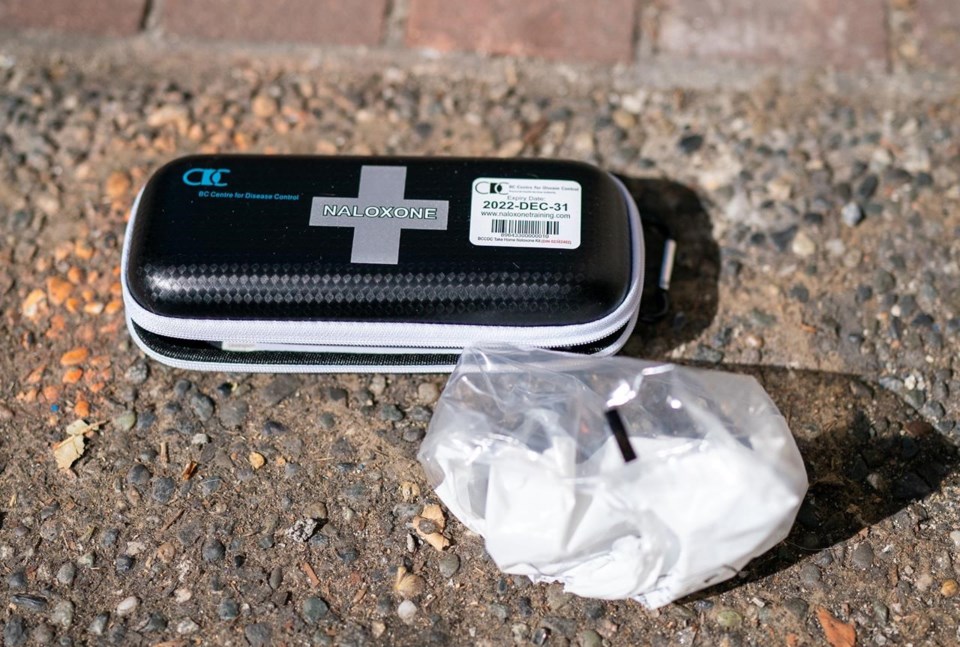RICHMOND, sa¹úŒÊŽ«Ãœ — British Columbia is eyeing the expansion of a first-of-its-kind program in sa¹úŒÊŽ«Ãœ that aims to help patients living with mild to moderate overdose-related brain injuries.
Addictions Minister Jennifer Whiteside says her ministry has earmarked $1.2 million toward the Cognitive Assessment and Rehabilitation for Substance Use program, which is offered by Vancouver Coastal Health through a multidisciplinary team at Richmond Hospital.
Whiteside says the program has already helped more than 40 people, and the new funding will evaluate it further to see if the model can be expanded to other health-care facilities in the province.
The Cognitive Assessment and Rehabilitation for Substance Use program provides specialized supports for people who use substances including opioids and alcohol.
The ministry says that, by working with psychiatrists, neuropsychologists and occupational therapists, a patient can grasp their new needs and limitations, improving their quality of life while increasing their opportunities for mental health and substance use therapies.
Whiteside says the new funding is part of the province's overall efforts to increase support for people with substance-induced brain injuries, and the ministry has also made a $4.5-million, three-year investment for the Brain Injury Alliance to help sa¹úŒÊŽ«Ãœ patients coping with post-injury challenges, including those resulting from toxic drug poisoning.
"There is increasing concern about the impacts of overdose, and so there is much more attention being paid by government, by health authorities in looking at the impacts of what they call anoxic brain injury for individuals who have survived an opioid overdose," Whiteside told a news conference Thursday.
The new funding, she said, demonstrates the province's commitment to make those expansions to support more people affected by the ongoing opioid crisis.
"We will be really closely watching this program, evaluating and looking for opportunities to scale this up," Whiteside said.
Karen Barclay, Vancouver Coastal Health's Richmond director of mental health and substance use, called the new service "innovative" and said patients typically work with the program's team for about six months to achieve a certain level of results.
Barclay said patients in the Vancouver Coastal Health region can speak with their health-care provider to access the program or they can self-refer by calling the Richmond Mental Health and Substance Use Services central intake line.
"We have an open referral policy," she said. "We are actually serving anyone across Vancouver Coastal Health, so not just in Richmond."
This report by The Canadian Press was first published May 25, 2023.
Chuck Chiang, The Canadian Press



